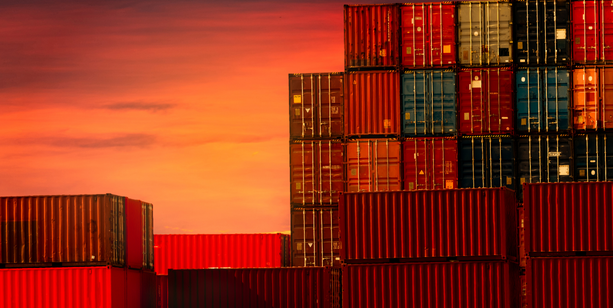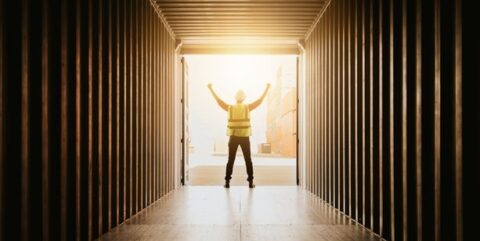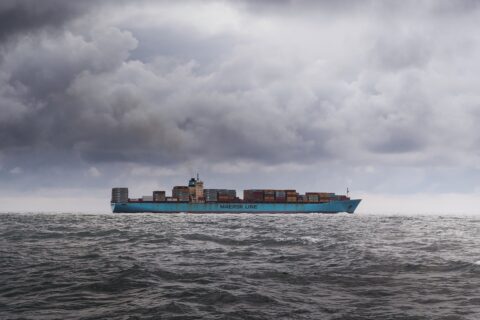
Many supply chains rely on the import process. Are you planning to import in the near future? If so, you’ll want to ensure everything is in place to prevent any surprises or problems. You don’t want your goods to get stuck at any point in the process. Here, we’ve listed the key things you must do to import successfully.
1. Build the Right Team: Clearing agents are important when you are importing and exporting. Customs clearance is required prior to the official entry of your freight into the destination country. Clearing agents ensure that all formalities are completed according to the relevant laws and regulations in order to guarantee customs clearance. An in-house clearing agent or a freight forwarder can be used, but in either case, clearance agents must have sufficient knowledge and experience to avoid delays and problems.
commercial invoice, packing list, certificate of origin, letter of credit or other payment terms (depending on the incoterms and the contract between the parties involved), and an airway bill for air shipments or a bill of lading for sea shipments (your freight forwarder will provide these).
2. It is important to know the route your package will take when shipping:
Cargo that crosses ports and airports en route may be transshipped when a direct route is unavailable. Your route needs to be known prior to shipping. Indirect shipments are more likely to be delayed than direct shipments because of congestion at transit ports. Your freight forwarder may be able to tell you about any issues along the route that may delay your shipment. Before you book your shipping, you should ask about any legal hurdles at transit ports that might delay transit cargo. You should also be aware of any transit cargo transit legislation. For example, when shipping a car from Pakistan to Canada, you would have to pay for a mandatory inspection in the USA because it would transit through the USA. This inspection is required even though the USA is not the final destination.
3. Be aware of demurrage charges:
A certain amount of time elapses before your cargo must be removed from a port or terminal when it arrives. After the free time expires, the terminal will charge demurrage. Customs clearance, transportation, and other reasons for your cargo staying put won’t be considered (eg, if your cargo was delayed). Even if you employ demurrage, terminal operators are unlikely to consider why your cargo was delayed. Ports and modes of transportation vary in the amount of free time allotted. Air cargo normally gets 48 hours of free time only. Ports require standard containers to be removed from their areas within four days. Special containers are required to move out of the port area sooner. Demurrage charges can mount up quickly, so you must be aware of the demurrage policies at your destination port. Port operators often charge per container per day, and the charges grow over time.
4. Please pay attention to the packing requirements:
The way you pack your goods at origin determines whether they will arrive safely and undamaged. Your package must be able to withstand stress factors such as loading and unloading, storing outdoors, stacking, pushing, dropping, and conveyor belt movement, in addition to loading and unloading (possible in inclement weather conditions). Pallets are recommended for easy handling. When filling the containers, distribute the weight evenly.
5. Make sure you don’t have any prohibited items:
Before sending your freight on its way, you must make sure that your merchandise can be imported into the destination country and that they meet the legal requirements. Countries regularly publish lists of items that are not permitted to enter. You may import certain items if you get approval in writing, provided that you meet certain requirements and conditions. If you import prohibited products without the necessary approval, your freight may be seized, and you may be penalised.
ProConnect Integrated Logistics for your Business
You’re not the only one thinking of outsourcing part of your operations to a 3PL, many companies and shippers agree and rely on us to efficiently support them. Optimizing supply chain is not easy, it requires tying lots of activities and ends together, opting for an experienced 3PL like ProConnect Integrated Logistics can offer many benefits – thanks to their expertise, experience, resources and of course, their network, which can reduce your supply chain risks marginally. You may or may not have a supply chain department of your own, but you still need a trusted team to identify and avoid potential risks and problems that can affect your supply chain operations. Therefore, a 3PL is often turned to and appointed by large companies as well as SMBs.
For any questions or evaluation, get in touch with us.





 APP DOWNLOAD
APP DOWNLOAD